IMF head Christine Lagarde calls for greater flexibility in Nigeria’s monetary policy
Managing Director of the International Monetary Fund (IMF) Christine Lagarde began her four-day trip to Nigeria on Monday, January 4, just as the country in 2015 registered its lowest GDP growth rate since 1999, at 3.2 percent. In 2015, low oil prices produced a number of ongoing economic shocks to Nigeria’s economy, including a drop government revenues from oil (and in turn, an $11 billion budget deficit), a cash crunch, and mounting pressure to devalue the naira as the currency has lost 25 percent of its value over the past year. Despite these challenges, however, Lagarde stated that: “I’m not here nor is my team here to negotiate a loan with conditionalities, we’re not programming negotiations,” and “… given the determination and resilience displayed by the presidency and his team, I don’t see why an IMF program is going to be needed.”
Still, after meeting with Nigerian President Muhammadu Buhari on Tuesday and national policymakers on Wednesday, she recommended that the currency controls implemented to stop the slide of the naira should only be temporary, and the IMF does not support this measure because it deters investors. She also called for an increase in the value-added tax (VAT), more flexible monetary policy (although did not explicitly endorse a devaluation of the naira), the removal of fuel subsidies to free up funds for crucial public investments in health and education, and better streamlining of government processes (and reducing corruption) to lower the cost of governance. Furthermore, in a discussion with Central Bank of Nigeria (CBN) officials, including Governor Godwin Emefiele, and leaders of other Nigerian financial institutions, Lagarde suggested that the financial sector play a bigger role in building the real sector of the Nigerian economy.
Angolan kwanza plunges to record low
The kwanza fell as much as 17 percent after the Angolan central bank, Banco Nacional de Angola (BNA), allowed the currency to devalue last week. The devaluation was aimed at narrowing the gap between the kwanza’s official rate and its black market price. The recent surge in black market trading was a result of the BNA intervening in the foreign exchange market by directing supply of U.S. dollars to sectors that it considered to need the most.
This was the third attempt by the BNA to devalue the currency in 2015 due to the plunging price of crude oil, which is now 70 percent lower in value than when the downturn began in June 2014. The kwanza dropped 24 percent against the dollar last year, putting it among the worst performing currencies in Africa. The sharp decline in oil prices has weighed heavily on government revenues and export earnings. Other measures to compensate for the loss in revenues include this week’s cut in fuel subsidies.
Rwanda’s President Paul Kagame confirms bid for a third term while Senegal’s President Macky Sall shortens his country’s presidential term from seven years to five
Last week, in a televised New Year’s message, Rwandan President Paul Kagame announced his intentions to run for a third term, stating, “You requested me to lead the country again after 2017. Given the importance and consideration you attach to this, I can only accept.” The announcement follows the December 19 referendum, in which 98.3 percent of Rwandan voters approved the constitutional change allowing Kagame to run for a third time. (However, the opposition as well as the European Union delegation in Kigali have expressed concern over the rushed nature of the referendum.) Following the likes of Burundi’s Pierre Nkurunziza and the Democratic Republic of the Congo’s Denis Sassou Nguesso, Kagame is the latest African leader to seek a third term following a referendum approving a constitutional change.
President Kagame’s decision to run for a third time was met with criticism from the United States government. In a press statement released last Saturday the U.S. State Department voiced its deep “disappointment” over Kagame’s actions for forsaking a “historic opportunity to reinforce and solidify the democratic institutions the Rwandan people have for more than 20 years labored so hard to establish.” Kagame responded to the U.S. via Twitter, retorting that Africa’s numerous problems—poverty, disease, and governance— will not be solved with “this deeply disappointed attitude.”
In other news, this week, Senegalese President Macky Sall reduced his presidential term from seven years to five. When President Sall came to power in 2012, he promised to conduct a referendum deciding on whether or not to reduce the term to five years, which was the original length before former President Abdoulaye Wade passed constitutional amendments increasing the term to seven years. This week, after facing mounting pressure from the opposition about fixing a date for the referendum, President Sall cancelled the poll and stated that the reduction is to take effect immediately.
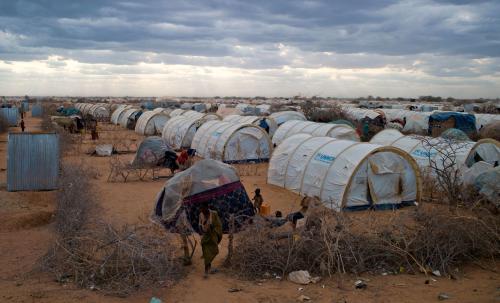
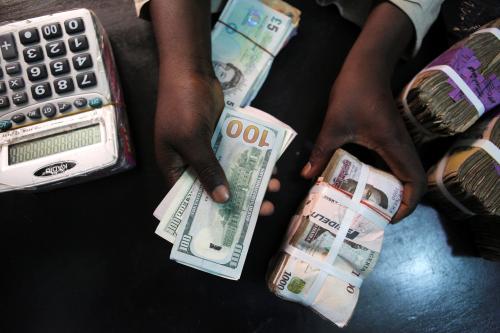
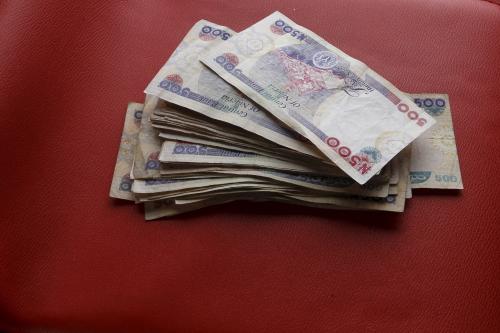

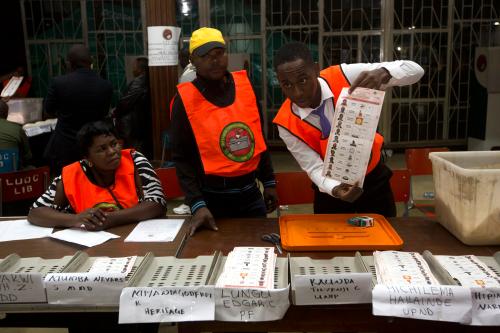
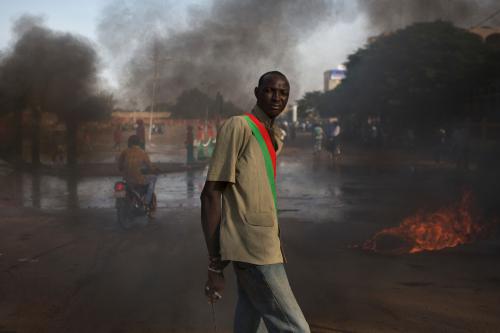
Commentary
Africa in the news: IMF chief visits Nigeria, Angolan currency takes a dive, and Rwanda’s Kagame confirms third term presidential bid
January 8, 2016